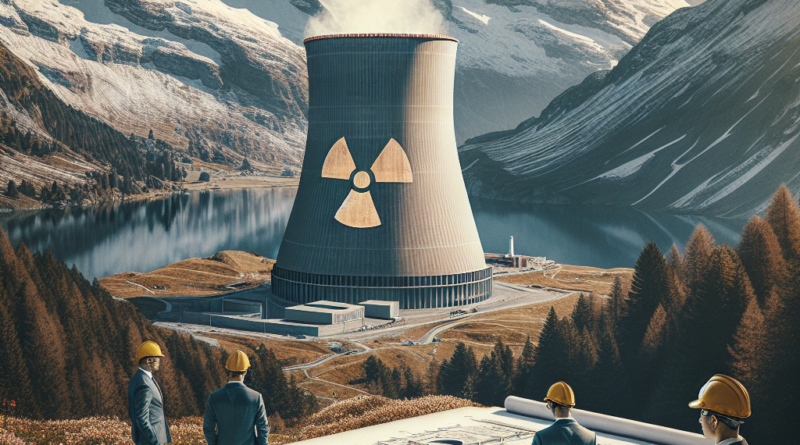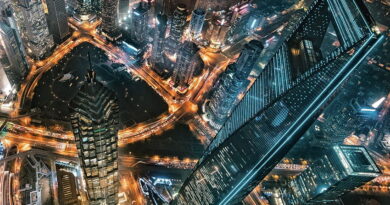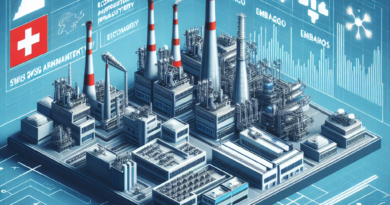Swiss Government Plans to Build New Nuclear Power Plants
Switzerland’s Shift Towards Nuclear Power
In a surprising turn of events, the Swiss government has announced plans to construct new nuclear power plants.
This decision comes after a proposed amendment to the existing law enacted following the 2017 referendum, which aimed at phasing out nuclear energy in favor of renewable sources.
Currently, advanced reactor designs are still under study.
Recently, Energy Minister Albert Rösti unveiled intentions to reform the nuclear energy legislation, making the construction of new facilities more feasible.
In the 2017 referendum, 58.2% of Swiss citizens voted for a gradual exit from nuclear energy, largely influenced by the public’s fear following the Fukushima disaster.
Current Nuclear Landscape
Switzerland currently operates four nuclear plants—Beznau, Mühleberg, Gösgen, and Leibstadt.
A pressing issue remains the management of radioactive waste.
In 2022, a decision was made to store waste in a deep geological repository near the German border, located in the cantons of Zurich and Aargau.
Despite the governmental push, protests from environmental groups such as the Greens have emerged over the proposed adoption of next-generation nuclear reactors, which remain in the research phase.
Concerns and Future Plans
Despite the previous referendum, the Swiss government is determined to shift its stance on nuclear energy.
The transition to renewable sources raises questions about whether they can sufficiently meet the increasing electricity demand, particularly if the current nuclear plants are shut down.
“The existing ban on new nuclear plants contradicts the aim for technological openness and poses risks for decommissioning current infrastructures,” Rösti asserted.
However, the intention isn’t to build new plants immediately but rather to prepare for future needs.
Rösti emphasized the importance of establishing legislation that allows for timely interventions if necessary.
The government aims to revise existing laws, anticipating the development of fourth-generation reactors, which are deemed safer and more efficient but are yet to be fully realized.
Additionally, the issue of radioactive waste storage persists, as Swiss voters will soon decide via another referendum whether to accept the designated storage site.
Ultimately, the fate of nuclear energy in Switzerland lies in the hands of its citizens.
Any modifications to the existing laws will necessitate a public referendum, ensuring that the populace retains the final say in this critical matter.



